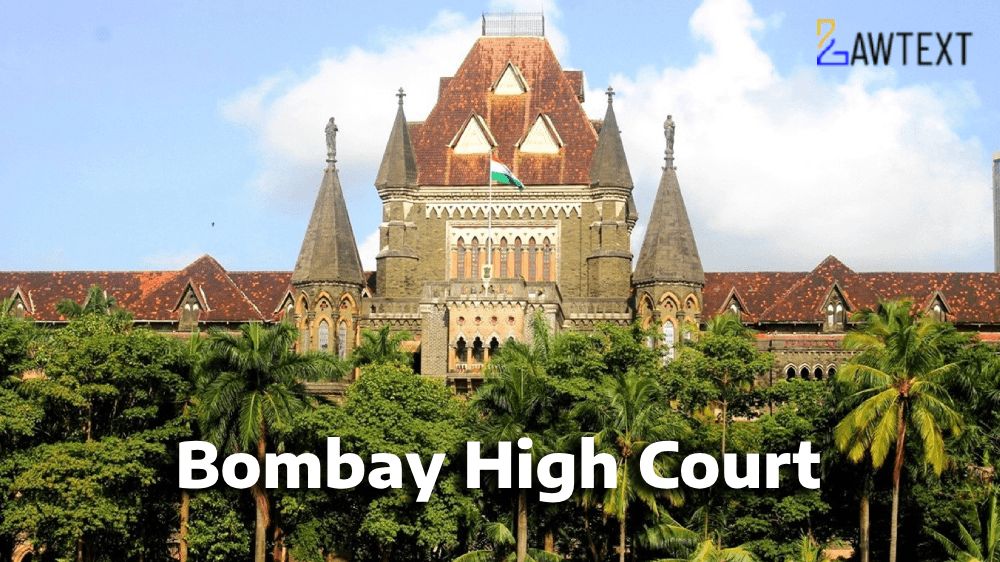

This case deals with the entitlement of a State Government employee to receive gratuity upon the conclusion of judicial proceedings under Rule 130(1)(c) of the Maharashtra Civil Services (Pension) Rules, 1982. The primary issue is whether gratuity is payable upon an employee's acquittal in judicial proceedings or only after the acquittal has attained finality through the conclusion of any pending appeals.
1. Background and Issues
The respondent, a State Government employee, was acquitted in a corruption case. Despite his acquittal, his pension and gratuity were withheld due to a pending appeal by the State Government. The Maharashtra Administrative Tribunal ruled in favor of releasing the gratuity, leading to the State filing this writ petition.
The State argued that "judicial proceedings" in Rule 130(1)(c) includes appeals, and gratuity should be withheld until final orders are passed in all judicial proceedings, including appeals. Various legal precedents were cited to support this contention.
The respondent contended that acquittal at trial concluded judicial proceedings, and the pending appeal should not prevent the release of gratuity. The respondent's counsel cited several cases supporting the immediate release of pensionary benefits after acquittal.
The ruling underscores the importance of finality in judicial proceedings before disbursing gratuity to State Government employees.
Citation: 2024 LawText (BOM) (7) 192
Case Number: WRIT PETITION NO.14289 OF 2017
Date of Decision: 2024-07-19
Case Title: The State of Maharashtra Ors. Versus Mr. Baban Yeshwant Ghuge
Before Judge: A.S. CHANDURKAR & JITENDRA JAIN, JJ.
Advocate(s): Mr. N.K. Rajpurohit, Assistant Government Pleader for the petitioners. Mr. Sudhanva S. Bedekar, Advocate for the respondent.
Appellant: The State of Maharashtra Ors.
Respondent: Mr. Baban Yeshwant Ghuge